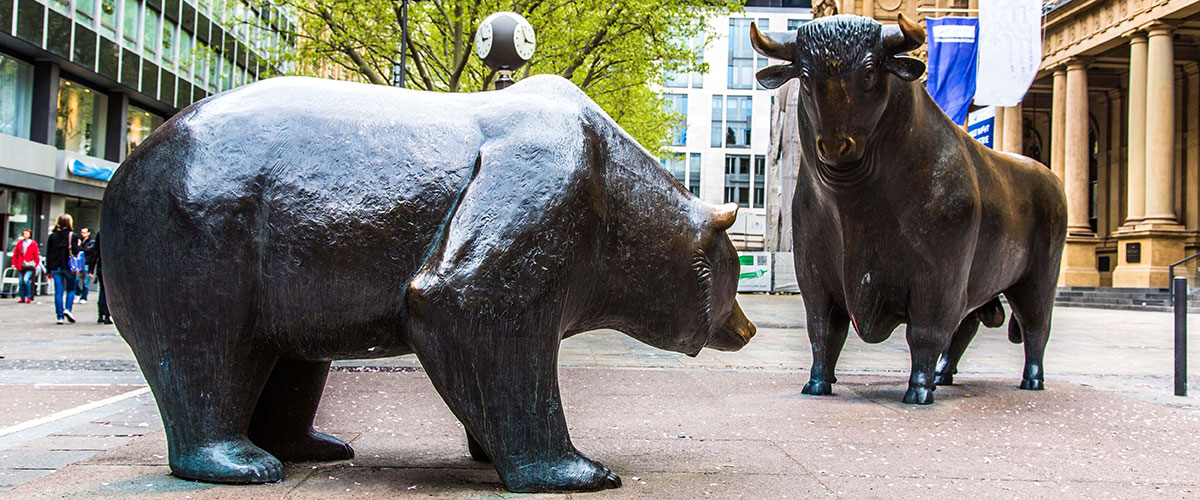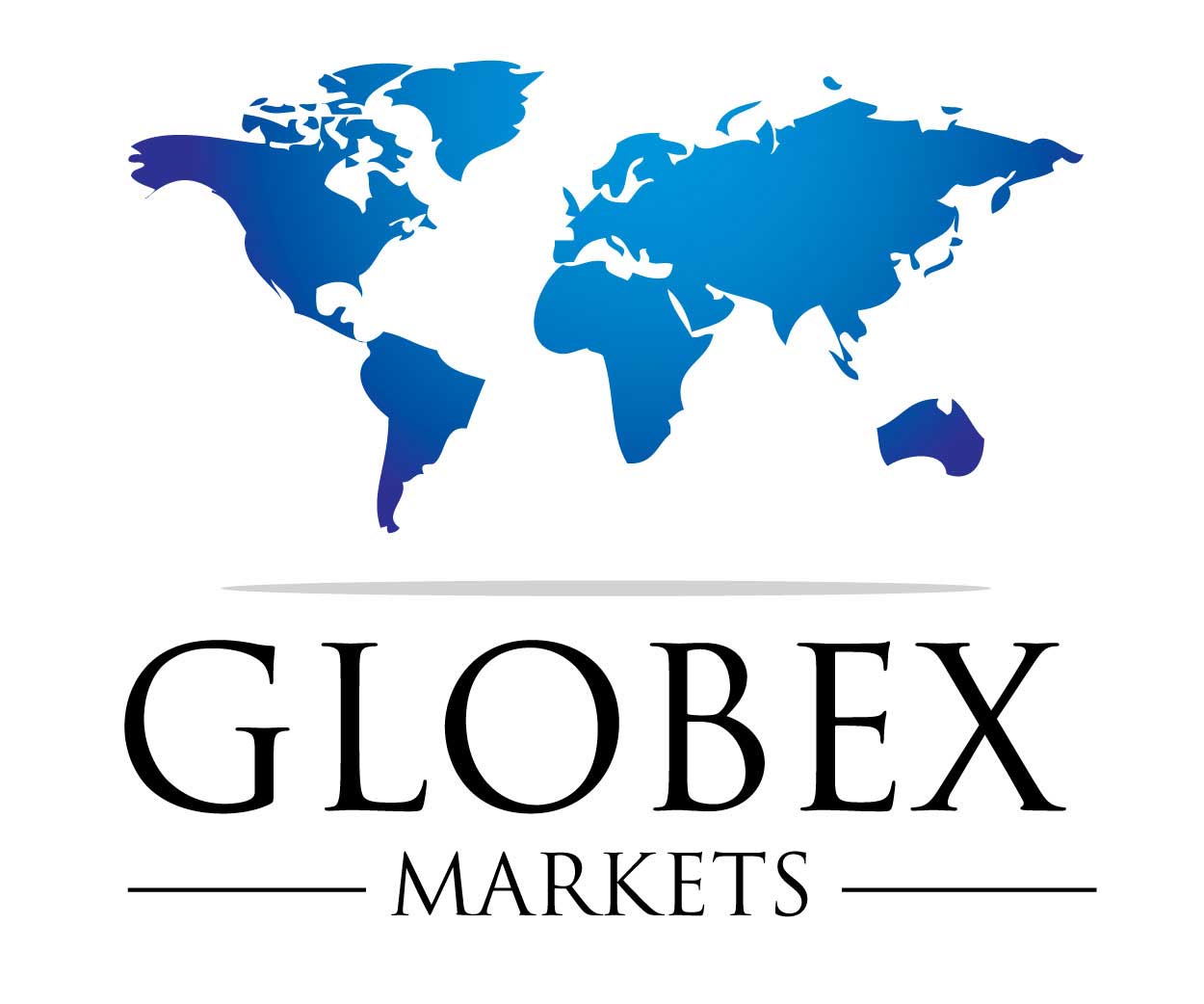Markets

World of Investing and Financial Markets
Looking to grow your wealth and navigate the dynamic world of investing and personal finance? There are different types of financial markets that provide investors with a variety of options and tools for investment, managing risks and achieving financial goals. From the active trading floors of stock exchanges to the rapidly evolving digital currency marketplaces, these platforms provide countless avenues to increase your financial well-being.
What are Financial Markets
A financial market is a type of marketplace that provides an efficient way to buy or sell assets at current market prices. A market that is used to raise capital is known as a capital market, which will primarily raise capital through the issuance of securities, such as stocks and bonds. Capital markets will consist of the primary market, where new securities are issued through an offering and sold, and the secondary market, where issued securities are traded between different parties. The largest secondary market in the world is the New York Stock Exchange (NYSE).
Risk management markets and strategies are used to help mitigate, hedge or manage various forms of risk. Market risk, which is a major investment concern, is the risk or probability of financial loss that results from the fluctuation of market prices on assets and securities. Some assets, which can be monetary, financial or commodity, will use derivatives, such as options, futures, forward contracts and swap contracts to reduce market risk and other types of risks by locking in a price or to guarantee a delivery.
Types of Financial Markets
There are many global financial markets and most countries will have at least one type of market, although they will differ in size and scope. In the 1300's, the city of Venice was recognized as one of the first to issue and trade securities with a form of debt known as prestiti. During the 1500's, Belgium established the first formal stock market system in the city of Antwerp. While many markets and exchanges are used to trade multiple products, including stocks, bonds, options, futures, commodities, foreign exchange and digital currency, some are more specialized and will only trade in a specific market segment.
Financial Markets
The Exciting Realm of Stock Markets
A stock market, also known as a stock exchange or bourse, is the cornerstone of the capital market system. Shares of stock, which represent ownership in public companies, are traded on exchanges around the world. While often associated with wealth creation and capitalism, stock markets are much more than a place to buy and sell securities.
A stock exchange provides liquidity in the secondary market, price stability and investor confidence. Companies that trade on an exchange can expect stronger credibility, an ability to attract better employees, an increase in company valuation and a reduction in their cost of capital, all of which improve a company's financials.
For traders and investors, a stock exchange is a platform for wealth creation. The value of money decreases over time due to inflation and one of the areas investors will invest to offset inflation is in the stock market. Securities that are traded on an exchange give investors the ability to earn a better rate of return on their money and create greater wealth.
There are various indices that are used to monitor and measure how well a capital market is doing, such as the Dow Jones Industrial Average (DJIA), S&P 500, Bovespa (BVSP) and the FTSE 100. A market index is a statistical method of measurement for a group of stocks that are traded on an exchange.
Listing of Stock Exchanges Around the World

The Power of Derivatives Markets
A derivatives market, also known as a derivatives exchange, is a financial market to buy and sell derivative products, such as options and futures. Derivatives are financial instruments where the value of the instrument is based on or derived from other forms of assets. While derivative contracts can be highly complex instruments, they can often be easily traded on an exchange.
The underlying asset of a derivatives contract can be a stock, bond, commodity, currency, market index or even another derivative. Four of the most common derivative contracts are options, futures, forwards and swaps. A derivative, such as an options contract, allows the holder to take a position in an asset at a much smaller cost due to a high degree of leverage in the product.
A derivative exchange is a platform for derivative products to trade, offering lower transaction costs as compared to buying an asset outright. The market will also assist in price discovery and market efficiency for the underlying asset.
Listing of Options and Futures Exchanges Around the World

The World of Commodity Markets
A commodities market, also known as a commodities exchange, is a physical or virtual marketplace that is used to buy and sell commodities. The commodity market is important for price transparency and stability since commodities are subject to risk factors that can make their prices unpredictable.
A commodity is a basic good that can be consumed or used in commerce and can be classified as hard or soft. A hard commodity is a natural resource that can be mined, such as a precious metal, or extracted, such as crude oil. A soft commodity is a good that can be grown, such as agricultural, or raised, such as livestock.
Commodity exchanges will primarily function as a risk management tool by providing liquidity, an efficient market and a hedge for uncertainty. Positions in commodities can be bought or sold on a commodities exchange at a smaller cost as compared to buying them outright due to a high degree of leverage in the products.
A common financial instrument that is used to trade commodities are commodity futures. With a commodity futures contract, the price of a commodity to be delivered in the future is determined in the present.
Listing of Commodity Exchanges Around the World

The Global Landscape of Foreign Exchange Markets
A foreign exchange market, also known as forex or FX, is a global marketplace that is used to determine and price the exchange rates for currencies. A venue to buy, sell, trade or speculate on currency, a foreign exchange will also enable currency conversion for international trade settlements and investments. The forex market is the largest financial market in the world.
According to the Bank for International Settlements (BIS), trading in foreign exchange markets averaged $6.6 trillion per day in April 2019 (Triennial Central Bank Survey), which represented more than a 29% increase from the prior survey. This survey provides the global results for the turnover in foreign exchange markets.
Foreign exchange markets are used by several different entities, including central banks, commercial banks, foreign exchange or forex dealers, money managers, hedge funds and investors. Global corporations use forex markets to hedge currency risk from their foreign transactions. Individual or retail investors make up a relatively small part of all forex volume.
In the forex market, currency can be traded through spot transactions, forward contracts, swap contracts, future contracts and option contracts. Currency trading is a continuous market around the world with transactions occurring 24 hours a day.

Embrace the Future of Digital Currency Markets
A digital currency market is an electronic trading platform or venue that is used for the purpose of buying and selling digital currency, which is a form of currency that is only available in a digital or electronic form, not in a physical form. Digital currency is a cash balance record that is electronically registered on a stored-value card or other device.
Digital currencies have similar properties to physical currencies but they allow for instant transactions and borderless transfer of ownership. Types of digital currency include virtual currencies, tokens and cryptocurrency. All forms of cryptocurrency are digital currency but not all digital currency are cryptocurrency.
The major factors that drive the growth in the cryptocurrency market includes transparency of distributed ledger technology, high remittances in developing countries, high cross-border remittance rates, monetary regulatory, volatility and growth in venture capital investments.
In 2020, amid the COVID-19 pandemic, the global cryptocurrency market size was estimated at $979.5 million, which is expected to grow exponentially, with a projected 32% compound annual growth rate (CAGR) in 2019 - 2024.
Seize Your Financial Destiny
Elevate your personal finance and investing journey by exploring the fascinating world of financial markets. From stocks, derivatives and commodities to forex and digital currencies, there's a wealth of opportunities waiting for you. So, buckle up and get ready to take charge of your financial future.

